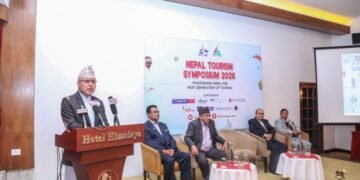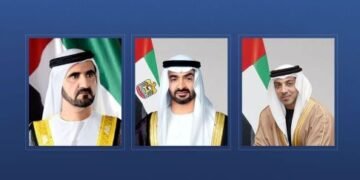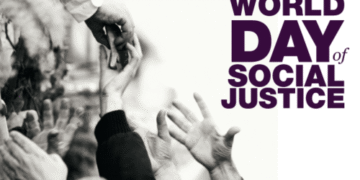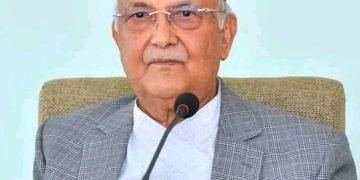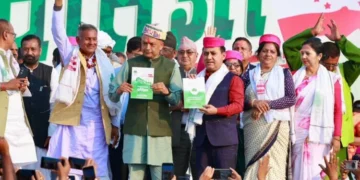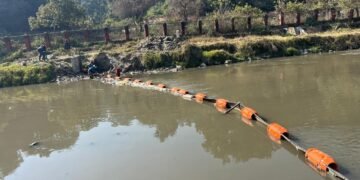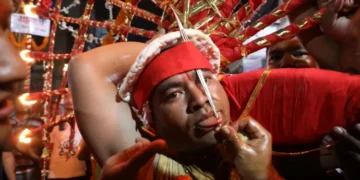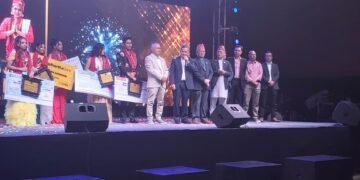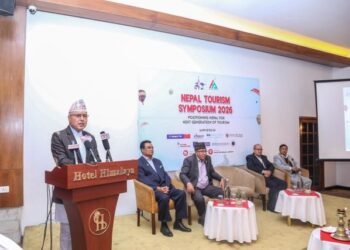Kathmandu, 16 May 2025: The “Enhancing Media and Information Literacy (MIL) Across Nepal’s Youth Organizations” workshop concluded today in Kathmandu, with youth leaders from across the country pledging to integrate Media and Information Literacy skills into their organizational practices and community outreach. The workshop empowered participants with critical tools to address misinformation, digital insecurity, and ethical considerations for content creation.
Youth Innovation Lab, in collaboration with UNESCO, brought together 25 representatives from youth-led organizations committed to promoting fact checking, transparency, and digital responsibility. Through interactive sessions, participants explored key concerns such as artificial intelligence in content creation, the dangers of mis/disinformation, digital safety, and legal frameworks for online accountability.

Delivering opening remarks at the event, Jaco Du Toit, Representative of UNESCO Nepal, emphasized that media and information literacy is no longer optional in the digital age, especially for youth. “Nepal’s youth are not just passive consumers of media—they are active leaders of democracy, and digital integrity. This workshop is not just about learning, but about leading with purpose, setting standards, and creating impact,” he noted.
Pradip Khatiwada, Executive Director at Youth Innovation Lab, emphasized the importance of building institutional capacity within youth organizations. “As AI-driven content rises and over 30% of youth rely on social media for news, the line between fact and fiction is increasingly blurred—yet fewer than 17% know about fact-checking platforms. Strengthening media and information literacy is not just essential, it’s urgent. By equipping youth with critical thinking and digital skills, we can build a resilient, informed generation for Nepal’s future,” he stated.

The workshop featured a series of expert-led sessions facilitated by Bijay Kumar Timalsina, Ujjwal Acharya, Deepak Adhikari, Advocate Rukamanee Maharjan, Advocate Sushmita Ghimire, and Santosh Chhetri, who provided participants with practical insights and guidance. Bijay Kumar Timalsina led a session on the opportunities and challenges of artificial intelligence, data privacy, and ethical content creation.
Ujjwal Acharya explored the connections between media and information literacy, democracy, and civic engagement, while Deepak Adhikari conducted hands-on sessions focused on identifying and responding to misinformation, disinformation. Together, Ujjwal Acharya and Deepak Adhikari also discussed the importance critical thinking in fostering inclusive public dialogue. Adv. Rukamanee Maharjan and Adv. Sushmita Ghimire outlined key legal frameworks for digital safety and accountability. Santosh Chhetri facilitated a session on incorporating individual Media and Information competencies into organizational policies.

The program concluded with participating organizations presenting tailored action plans outlining how they will apply media and information literacy (MIL) within their ongoing work. These plans included steps for integrating Media and Information Literacy into staff training, community outreach, internal communications, and organizational policies.
In the context of Nepal’s rapidly changing digital environment, the workshop provided a practical foundation for youth organizations to strengthen their approaches to information integrity and digital engagement.

